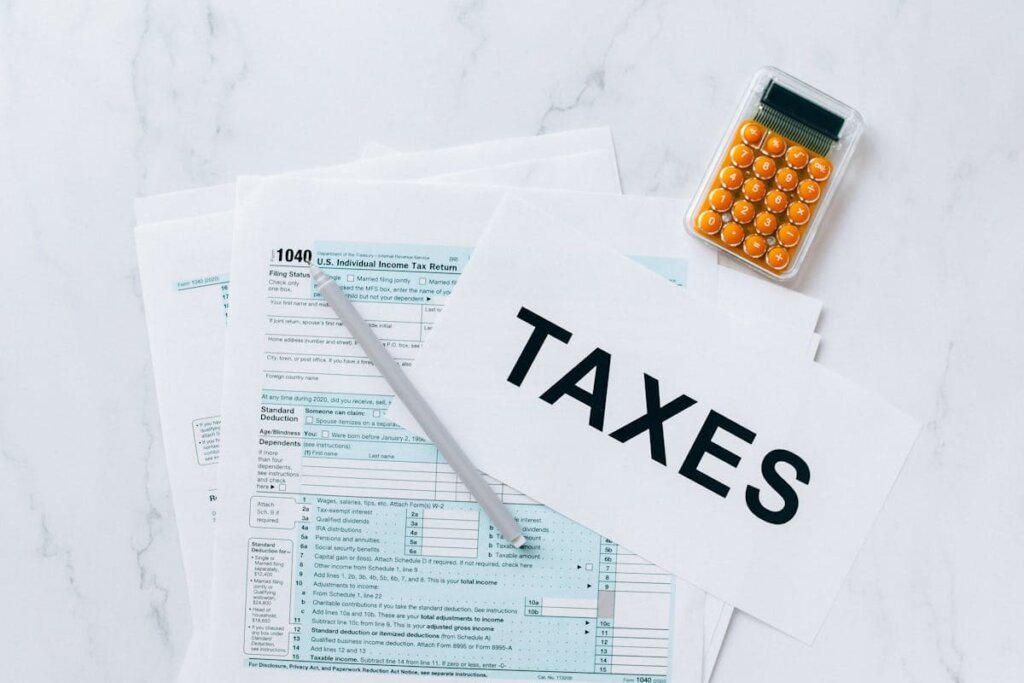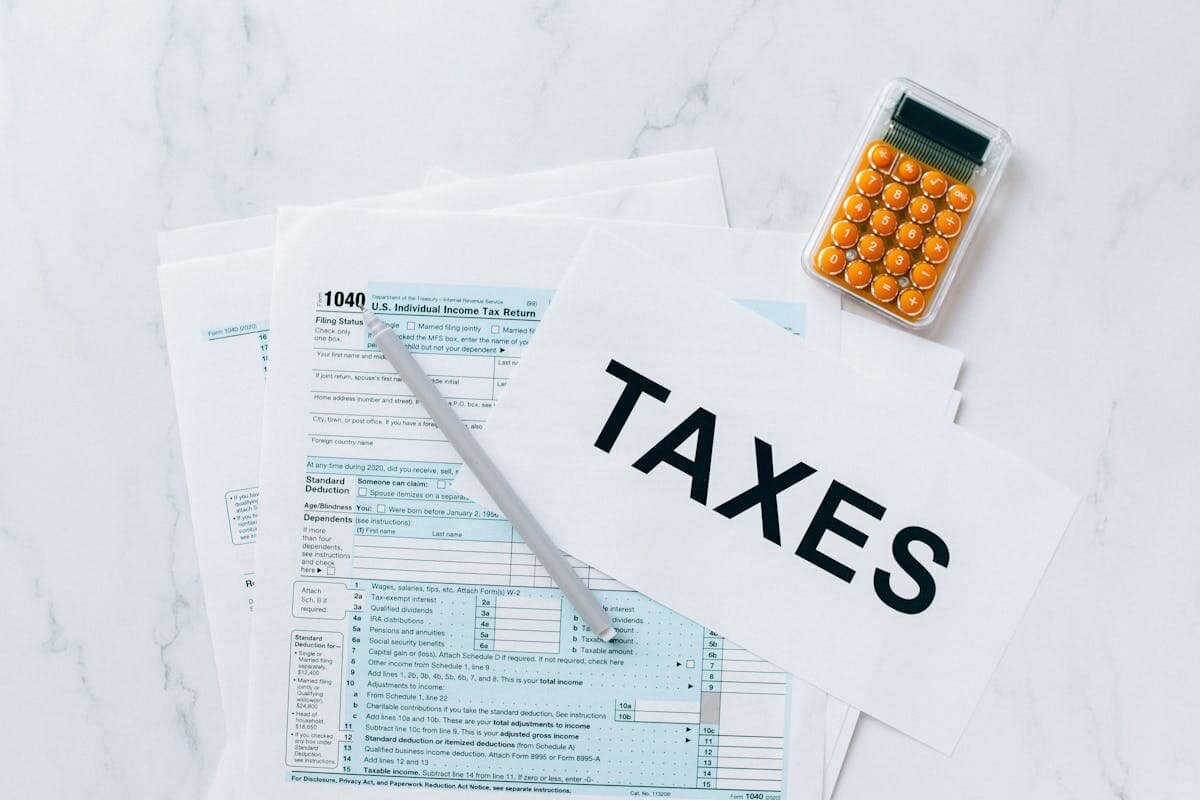
If you’re preparing to sell your home in Connecticut, you may already be calculating potential profit, planning your move, and thinking about what comes next. But before you finalize the sale, it’s essential to understand how Connecticut conveyance taxes impact your net proceeds. This hidden cost of selling real estate can catch homeowners off guard—especially if you’ve never sold property in the state before.
Conveyance taxes are one of the lesser-known aspects of closing costs, yet they play a significant role in how much money you actually walk away with. In this guide, we’ll break down what conveyance taxes are, how they work in Connecticut, and how to minimize their impact when selling your home.
What Are Connecticut Conveyance Taxes?
The term “conveyance tax” refers to a real estate transfer tax assessed whenever property legally changes ownership. In Connecticut, this tax applies to virtually all home sales, whether you’re selling a single-family home, condo, or mobile home.
Unlike other states where only local governments assess these taxes, Connecticut levies both state and municipal conveyance taxes. That means you’ll be responsible for two layers of taxation, calculated based on the final sale price of your home.
The Connecticut real estate transfer tax has two tiers. The state charges a base rate that starts at 0.75% on the first $800,000 of the sale price. For homes selling above that threshold, the rate increases. If you sell a home for more than $800,000 but under $2.5 million, the excess portion is taxed at 1.25%. For luxury properties above $2.5 million, the tax jumps again to 2.25% on the amount exceeding that value.
On top of that, municipalities are allowed to charge a local conveyance tax, typically between 0.25% and 0.5%. These rates vary by town, so the exact tax you’ll pay depends on where your property is located in Connecticut.
How Conveyance Taxes Affect Your Net Proceeds
When most homeowners calculate their potential profit from a home sale, they think about sale price minus mortgage balance. But failing to account for conveyance taxes can reduce your net profit by thousands of dollars. These taxes are not paid by the buyer—they’re the seller’s responsibility.
Let’s take a practical example. Suppose you’re selling a home in Danbury, CT for $500,000. The state conveyance tax would be 0.75%, which equals $3,750. Danbury charges a local conveyance tax of 0.25%, adding another $1,250. That’s $5,000 gone before you’ve even addressed realtor commissions or other closing costs.
For higher-end properties, the tax burden increases sharply. A $1.5 million home in Greenwich, where the local rate is 0.5%, will incur a state tax of roughly $11,250 and a local tax of $7,500. That brings the total conveyance tax to $18,750—just for transferring ownership.
As you can see, the conveyance tax when selling a house in CT isn’t something to take lightly. It directly affects the final amount you’ll receive and should be factored into your selling strategy from the start.
Who Is Required to Pay the Conveyance Tax?
In Connecticut, the seller is legally responsible for paying conveyance taxes at closing. This requirement applies to all standard real estate transactions, whether you’re working with a real estate agent, selling the home yourself, or doing a cash deal.
Even if you’re in a distressed situation, such as facing foreclosure or dealing with an inherited property, these taxes will still be applied unless the sale qualifies for an exemption. There are a few exceptions for certain government entities, non-profit organizations, or properties transferred as part of a divorce, but in most cases, the average homeowner will need to pay.
For those unfamiliar with CT home sale taxes, it’s important to consult with your closing attorney or title company. They will calculate the exact amount owed, draft the necessary forms, and ensure the payment is processed correctly.
Tax Implications of Selling a House in Connecticut
Beyond conveyance taxes, selling real estate in Connecticut may come with other tax considerations. One of the most significant is federal capital gains tax, which applies if you profit substantially from the sale. However, many homeowners qualify for an exemption if they lived in the property as their primary residence for at least two of the last five years.
Connecticut does not impose a separate capital gains tax, but it follows federal guidelines. If you exceed the capital gains exclusion ($250,000 for single filers, $500,000 for married couples), your gain will be taxed accordingly.
Between federal taxes and Connecticut conveyance taxes, it’s easy to see how closing costs can significantly reduce your take-home amount. For that reason, it’s essential to plan ahead, price your home appropriately, and factor in all the deductions that might come into play.
How to Reduce the Impact of Conveyance Taxes
While you can’t avoid conveyance taxes entirely, there are ways to reduce their financial impact on your home sale. The most effective method is to sell your house directly to a cash buyer like Neighbor Joe. We buy homes throughout Connecticut as-is, without inspections, repairs, or commissions—and we cover all closing costs, including conveyance taxes in many cases.
By eliminating the need for real estate agents, appraisers, and banks, you avoid many of the extra fees that traditional sellers face. You also skip the hassle of waiting for buyer financing, staging your home, or handling repairs and showings.
When you sell to Neighbor Joe, you get a fair cash offer fast—often within 24 hours—and close on your timeline. If the burden of conveyance taxes is holding you back from listing your property, we can work with you to structure the deal so you walk away with the maximum cash possible.
Our process is designed to simplify every part of the transaction, including the tax implications of selling a house in Connecticut. From start to finish, we handle the paperwork and ensure you’re not caught off guard by hidden costs or unexpected delays.
Final Thoughts
Conveyance taxes may not be the most exciting part of selling your home, but they can have a serious impact on your bottom line. Understanding how Connecticut conveyance taxes work, what rates apply in your town, and how they influence your final sale proceeds is key to making informed decisions.
Whether you’re looking to sell your mobile home fast due to life changes or simply want to avoid the costs and delays of a traditional listing, selling to a local, experienced cash buyer like Neighbor Joe gives you the advantage. We take care of everything so you can focus on your next chapter—not on paperwork and taxes.
If you’re ready to sell and want to know exactly how much cash you’ll walk away with, reach out today for a no-obligation quote. We’ll help you understand your options and take the stress out of your home sale.

